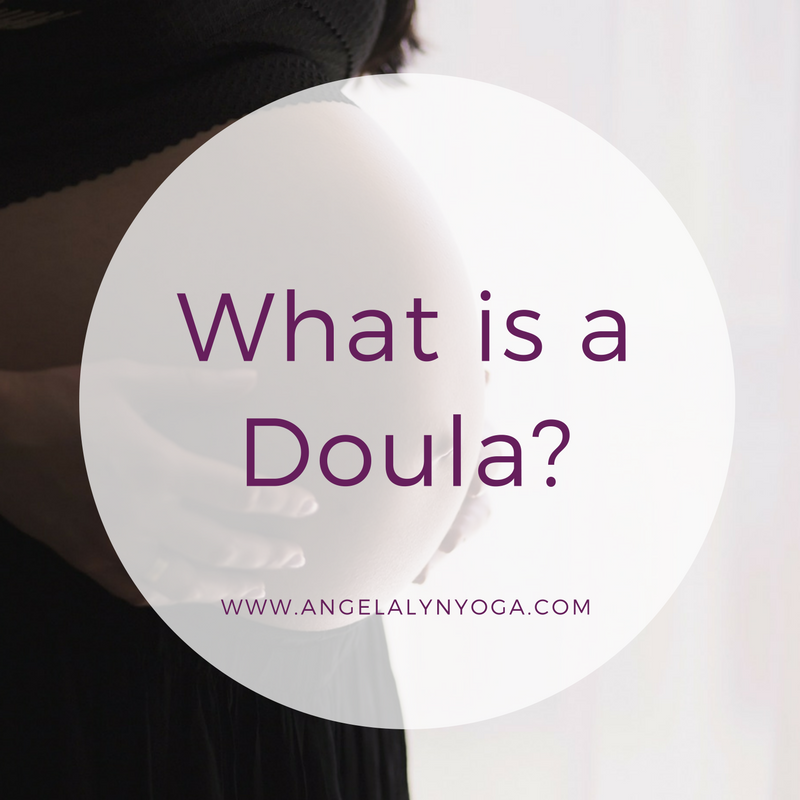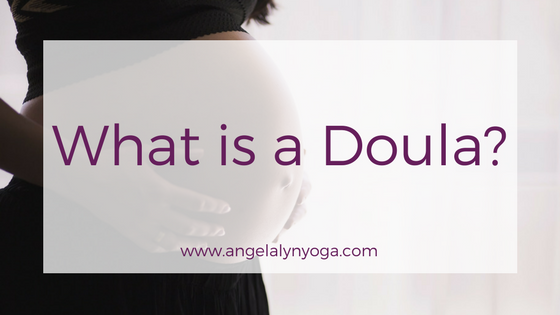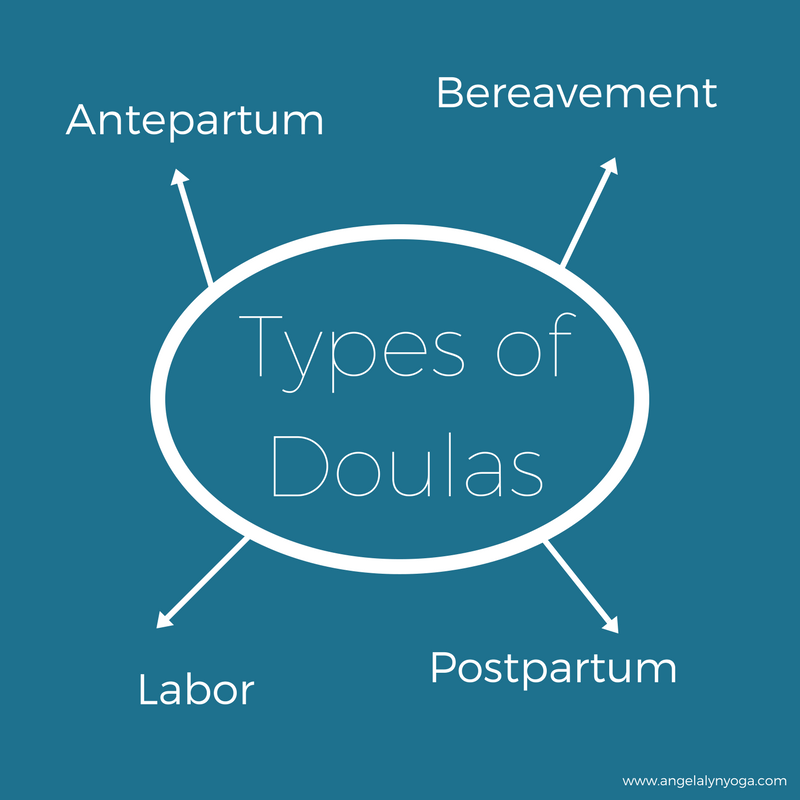Have you heard about doulas but are unsure what they’re all about? Or wondering, do I really need to hire a doula? Or maybe you have heard someone talk about the hippie women dancing around the fire and attending births.
Today, I am here to share and debunk the elusive "doula" that you may have heard from the television, friends or birthing community.
Definition of a Doula
Most often, we hear about labor doulas, women who assist other women during childbirth. However, there are actually several different types of doulas whom support woman and families during different life transitions.
“Doula - noun dou·la \ˈdü-lə\: a woman experienced in childbirth who provides advice, information, emotional support, and physical comfort to a mother before, during, and just after childbirth.”
What are the different types of doulas?
Antepartum doula - Provides high-risk pregnancy care support.
Bereavement doula - Supports families of pregnancy loss during any stage of gestation.
Labor doula - A non-medical professional, who provides mom with emotional support during labor.
Postpartum doula - Supports mom after the birth of a baby. Duties may include breast and bottle feeding support, light house work, meal preparation, assist with newborn care.
What type of support do labor doulas provide?
- Childbirth education basics (this should not be in place of a quality childbirth education class)
- Help you map out a birth plan
- Set the stage for your birthing environment - aromatherapy, candles, music, etc.
- Provide comfort measures - hip squeezes, guided imagery, remind you to breathe
- Provide referrals before and after childbirth
- Encourages mom to communicate with care provider about procedures and interventions
What a labor doula does not do?
- Does not replace the support of a partner
- Does not give medical advice
- Does not provide medical treatment
Benefits of a Labor Doula
Why hire a labor doula? You have are already working with a great healthcare provider and are thinking, do I really need doula?
Positive Birth Birth Outcomes
In a Cohrane review published in 2012 study by Hodnett et al, researchers looked at studies from 22 trials involving more than 15,000 women birthing in a wide range of settings and situations. From this study, researchers concluded that "women who received continuous labor support were more likely to give birth 'spontaneously', without caesarean, vacuum, or forceps, less likely to use pain medications, have shorter labors and have an overall more positive birth experience."
Experience
People often ask, will a labor doula replace my significant other? Relative or friend? Unlike your significant other, relative or friend, a labor doula is educated, trained and has the experience to support you on your birthing journey. Your own birth maybe the first birth that you, (and most likely your partner) have attended. Additionally, if an older relative is present, it most likely has been a long time since their last birth.
Doulas come from a wide range of professional backgrounds and birthing experiences. Find a doula that has training that you feel comfortable and a birth philosophy that resonates with the type of birth you envision.
Continuous Support
Unlike medical staff, labor doulas do not take breaks or change shifts. Your partner may have other responsibilities during your birth that will not allow him/her to give you continuous support. Responsibilities may include: driving you to the hospital, filling out paperwork, setting up your birth tub, or taking a snack break. The responsibility of a doula is to provide you with continouus support.
A doula's number one priority is you.






